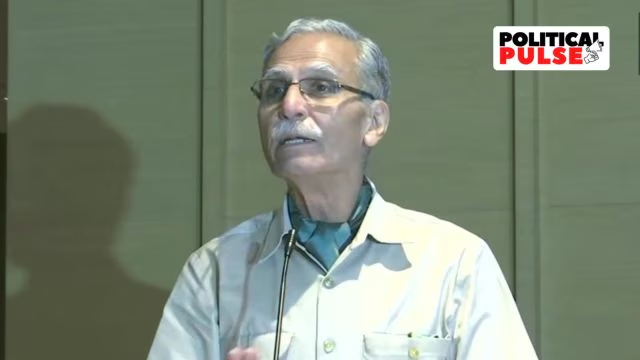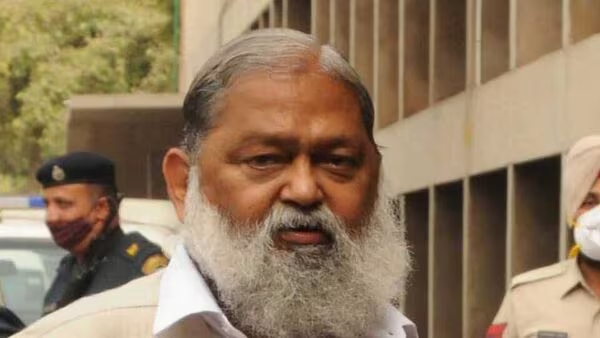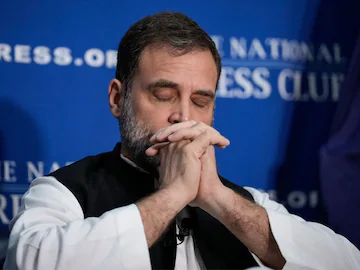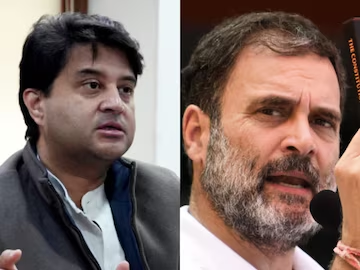“AMU has done a great deal for education – and not only for Muslims. Its career courses have an equal number of Muslims and other communities… Muslims struggle in higher education due to the cost involved”: Zameer Uddin Shah
Lieutenant General Zameer Uddin Shah, who served for 40 years in the Army and retired as Deputy Chief, went on to become the Vice-Chancellor of the Aligarh Muslim University in 2013. His story held the post till 2017.
How do you see the Supreme Court’s order?
It is a very fair and correct order. The 1967 order against which AMU had appealed made no sense at all. We (AMU) were not even a party to that (1967) case. The judgment had pronounced that AMU was not founded by the Muslims of India but by an Act of British Parliament. This can be countered by a comparison. Who won India Independence? It too was certainly an act of British Parliament, but it was our freedom fighters who ensured it. Doesn’t the same analogy apply in the case of AMU? There was no doubt that AMU was founded, established and administered by the Muslims of India.
Do you think the judgment will have an impact for other minority institutions?
A lot hinged on today’s judgment. The minority status of institutions would have been threatened. This order is a great relief for all of us, and a truly inspiring message for other institutions.
In Friday’s order, the SC said a fresh Bench will decide the minority character of AMU. What do you think about the move?
Yes, that is quite right. AMU’s appeal was only against the 1967 judgment. That has been set aside. I am certain that the records and documentary evidence available with AMU will be sufficient to convince the fresh Bench that the MAO (Muhammadan Anglo-Oriental College that was set up in 1875) was upgraded into a university (AMU). This embodies an inspiring message for future generations.
All communities did help (in establishing and setting up the university). But the majority of the large corpus that had to be raised and deposited to set up the university was by the Muslims of India. In fact, Sir Syed Ahmad Khan (who set up the college and eventually established the university) danced on stage to collect money. Can you believe it? There was no doubt that the major chunk of the money came from the Muslim community.
Do you think this issue is going to linger?
I hope it does not. When I was the Vice-Chancellor, we spent a considerable amount of time and money paying lawyers to fight for us. I hope it is settled at the earliest. My message to the community is that AMU has always been a beacon for us. It is time to make more such beacons. Why should we bank only on one university? This should inspire new institutions to emerge.
There is no denying that AMU has been the training ground for Muslim intellectuals. I mean anyone you find doing well in society is an AMU product because it was the only university at the time. Now, the Muslim community is not able to send its children to institutions of higher learning because it is so expensive. I just saw today that the engineering college (of AMU) has been ranked number one in the world because it only charges Rs 60,000 a year.
You can compare that to the IITs. AMU has done a great deal for education – and not only for Muslims. Yes, Muslims are a majority in AMU. That is because courses like Urdu, Arabic, Islamic studies are only taken up by Muslims. But career courses – such as management and medicine – have equal number of Muslims and other communities.
During the hearing of the case in the apex court, the Central government opposed the minority status of AMU. What do you think about it?
Once the government takes a position (speaking about the UPA government’s stand), I think the succeeding governments should take the same position. Why should they do a summersault? The prerogative was theirs. Governments change but national policies should remain the same, sending an inspiring message about consistency and reliability in governance.










